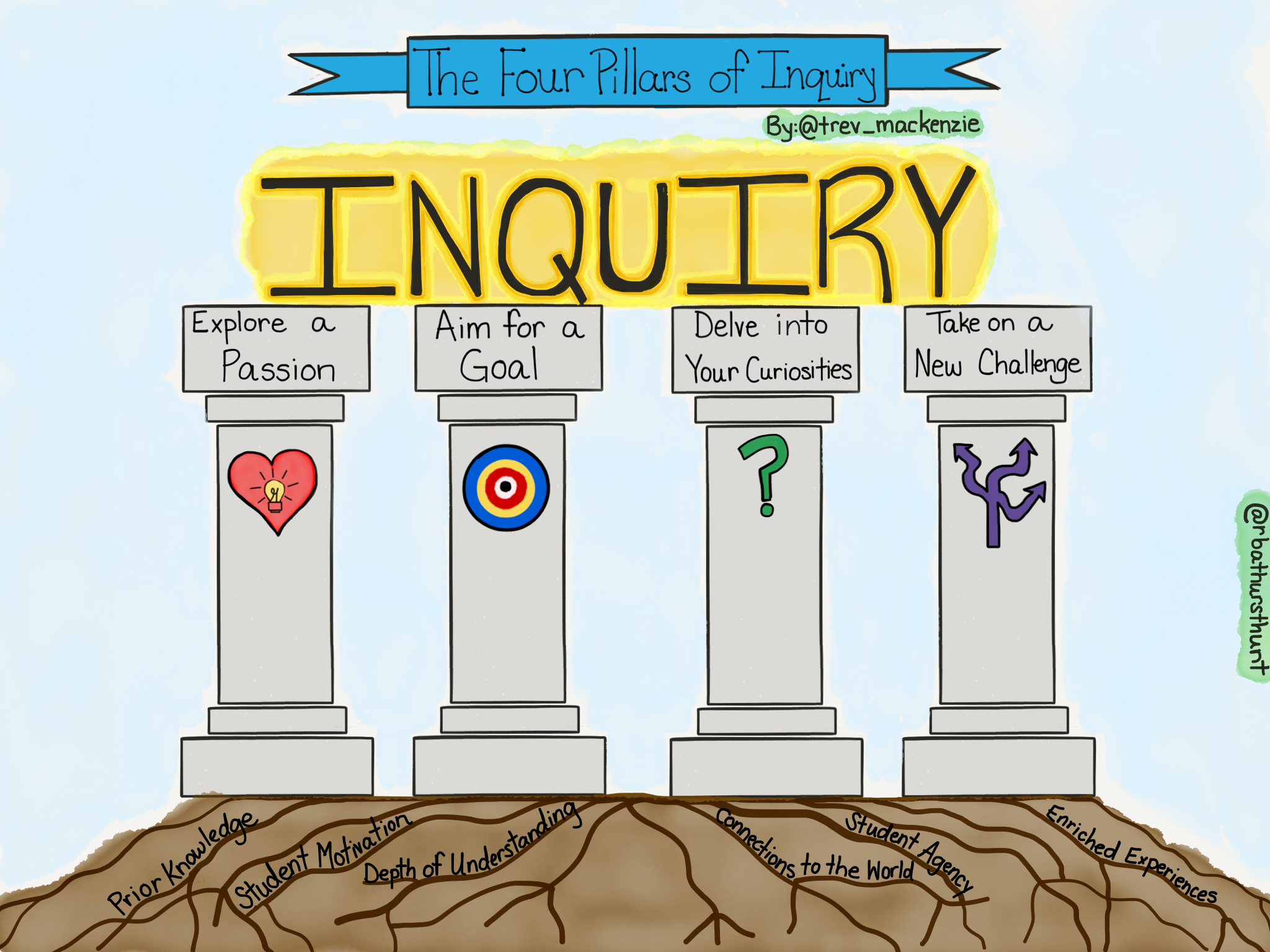
Natural Curiosity
Young children are full of wonder and curiosity. I often heard from my preschool-aged son, “Why, mom?” and the lifelong teacher in me followed his subsequent ‘whys’ until we came to the unknown. Now a kindergartener, his “whys” have become less frequent and when they are present, come out more of a “Wow! Did you see that?” and I have to follow-up with something like “I wonder why that happened?” My experience as a middle school educator tells me that this questioning, observation, and passion will become even less evident as he grows older. I often find myself wondering how I can continue to nurture his curiosity and help him hold fast to the passion and excitement he has developed.
Supporting Curiosity and Wonder in the Classroom
The Wisconsin Standards for Environmental Literacy & Sustainability ask students to “develop and connect with their sense of place and well-being through observation, exploration, and questioning.” Specifically, for my kindergartener, he should “explore outdoors, observing changes over time; describe and ask questions about patterns in natural and built environments” (ELS.C1.C.e). This performance expectation clearly lends itself to an inquiry approach to learning.
If you have engaged in professional learning for the Wisconsin Standards for Science or the Next Generation Science Standards (NGSS), you have heard the importance of using ‘phenomena’ as an entry point for learning. In science, phenomena is something—a fact, an event, or a circumstance—that is observed that one can ask questions about. Another definition of phenomena, according to Dictionary.com, is “something that is impressive or extraordinary.” In inquiry-based learning, Trevor MacKenzie calls these entry points “provocations.”
Regardless of subject area or educational setting, these things that spark curiosity are all around us and can ignite student passions. Trevor MacKenzie, a high school English teacher in British Columbia and author of Dive into Inquiry and co-author of Inquiry Mindset, speaks about the importance of using provocations to foster students interest and passion to help them develop agency and gain independence through personalized learning. Take a few minutes to listen to how he uses provocations to spark inquiry in the video below. (Learn more about the Four Types of Inquiry referenced in the video.)
Think about the provocations that sparked curiosity and wonder for you. Did you feel a child-like excitement? Were you driven to explore something new? As you reflect on your teaching practice and plan for the future, consider how you might increase the use of phenomena or provocations in your classrooms to support your students’ curiosities, wonders, and passions. Share your thoughts or get feedback in our educator community.
Victoria Rydberg, Guest Writer
Wisconsin Department of Public Instruction
Environmental Education and Service-Learning
Advertising Disclosure: Please note that we may use affiliate links to retailers which yield a commission for us at no extra cost to you. We only recommend products we've used that support our mission. As an Amazon Associate FIELD Edventures earns from qualifying purchases. Your purchases support taking learning outdoors.
